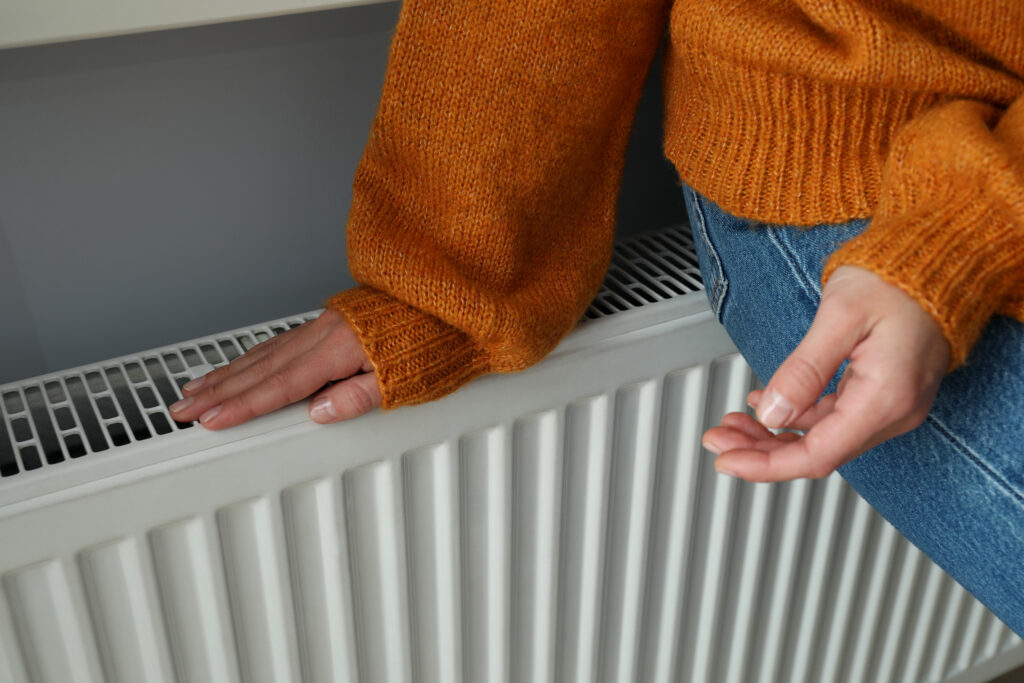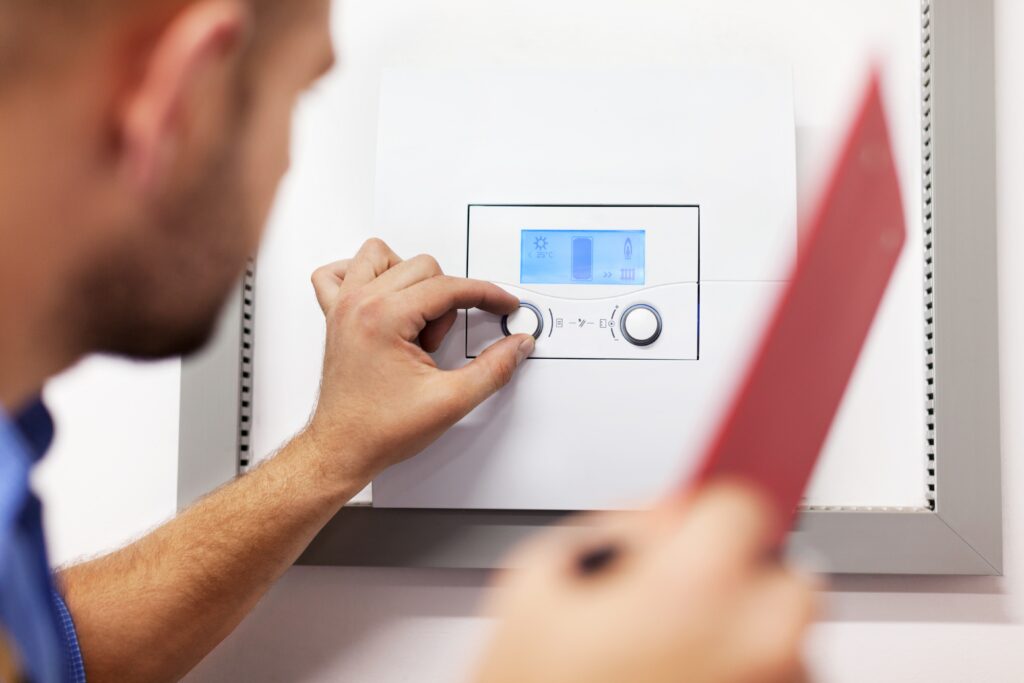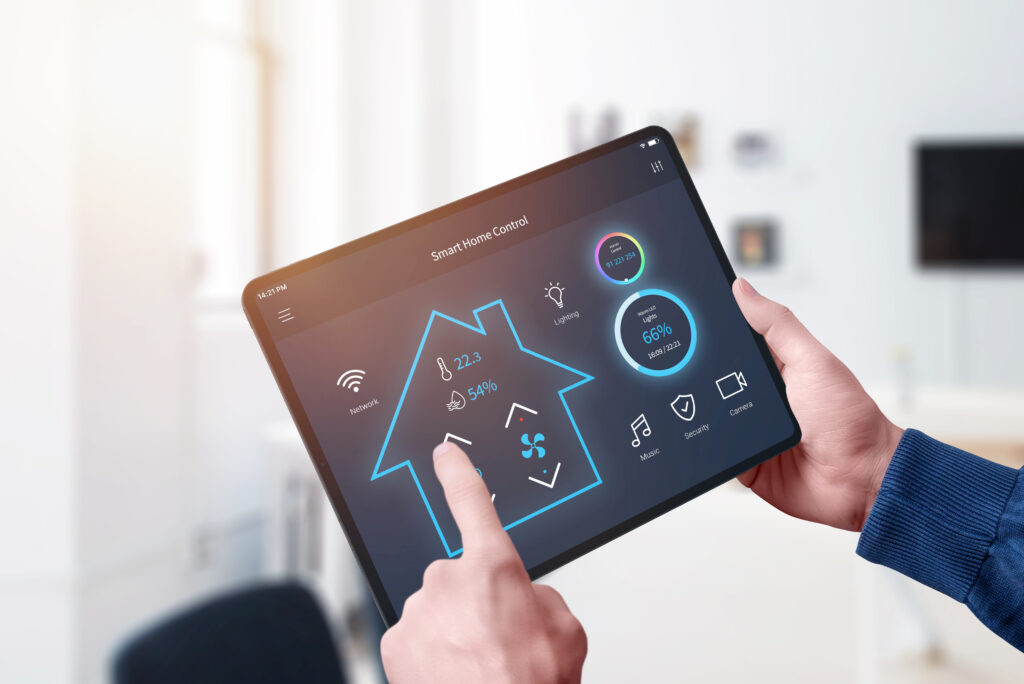Energy Efficiency for Landlords: A Comprehensive Guide
In the UK, the demand for energy efficiency has steadily risen, not just as a response to climate change but also as a necessity for reducing energy costs and complying with stringent legal standards. For landlords, energy efficiency is more than just a buzzword; it’s an essential part of property management that impacts tenant satisfaction, property value, and legal compliance. Whether you manage a single property or an entire portfolio, understanding energy efficiency is key to staying competitive in today’s rental market.
At Heat-Tec, we specialise in offering expert advice and services tailored to heating, plumbing, and energy solutions for landlords. In this blog, we’ll explore the importance of energy efficiency, practical steps landlords can take to enhance their properties, and the financial and legal incentives tied to these improvements.
Why Energy Efficiency Matters for Landlords
Energy efficiency isn’t just about being environmentally conscious—it directly impacts the comfort and affordability of living for tenants while safeguarding landlords from potential penalties. Rising energy costs in the UK have made tenants more conscious of a property’s energy performance. A home with better insulation, modern heating systems, and a high Energy Performance Certificate (EPC) rating is far more attractive to renters.
In fact, since April 2020, UK landlords must comply with the Minimum Energy Efficiency Standards (MEES), requiring rented properties to have an EPC rating of E or above. Failure to meet these requirements can lead to fines of up to £5,000, not to mention the risk of void periods as tenants favour more energy-efficient properties.
Legal and Financial Implications
For landlords, energy efficiency improvements may initially seem like an expense, but they are an investment with both short- and long-term benefits. Government schemes such as the Green Homes Grant and VAT relief on energy-saving materials aim to reduce the financial burden of upgrading properties. These programs incentivise landlords to install features such as new boilers, solar panels, or insulation.
Moreover, properties with higher energy efficiency often command higher rents. Tenants are willing to pay more for lower utility bills and improved comfort. By working with professional plumbers and heating specialists, landlords can ensure that all upgrades meet regulatory standards and deliver optimal performance.
The financial implications also extend to property value. Energy-efficient homes are more appealing to buyers, offering landlords better resale opportunities. A modern heating system, combined with proper insulation and glazing, can significantly boost a property’s market value.
How Heating Impacts Energy Efficiency
One of the most significant contributors to a property’s energy efficiency is its heating system. A poorly maintained or outdated boiler not only wastes energy but can also increase utility bills, putting off potential tenants. Modern, energy-efficient boilers, such as condensing models, can achieve over 90% efficiency, significantly reducing waste and lowering carbon footprints.
Landlords should prioritise regular servicing of their boilers and heating systems by qualified plumbers to ensure optimal performance. Servicing not only prevents breakdowns but also extends the lifespan of the equipment, saving landlords money in the long run.
In addition, upgrading to smart heating controls can help tenants manage their energy use more effectively. Smart thermostats allow occupants to control heating remotely, schedule usage, and monitor consumption, making it easier to keep bills under control. A well-maintained heating system is not just a regulatory requirement—it’s a competitive edge in a crowded rental market.
Insulation: The Foundation of Energy Efficiency
Insulation plays a vital role in retaining heat within a property, reducing the need for excessive heating. Without adequate insulation, heat escapes through walls, roofs, and windows, leading to higher energy consumption and unhappy tenants.
Landlords in the UK can benefit from government grants for installing cavity wall insulation, loft insulation, or external wall insulation. Each of these improvements reduces heat loss and lowers energy bills, ensuring a warmer and more comfortable home for tenants.
Double or triple glazing windows are another essential upgrade. These windows reduce heat loss, minimise condensation, and improve sound insulation, making them a worthwhile investment for landlords aiming to enhance their property’s energy efficiency.
Renewable Energy Solutions for Landlords
Renewable energy is becoming increasingly popular among UK landlords. Solar panels, for example, allow properties to generate their own electricity, reducing reliance on traditional energy sources. Combined with modern heating solutions like heat pumps, renewable energy can significantly lower utility bills and attract eco-conscious tenants.
While the initial costs of installing renewable energy systems may seem daunting, the Smart Export Guarantee (SEG) enables landlords to earn money by selling excess energy back to the grid. This not only offsets the installation cost but also adds a sustainable and innovative feature to your property.
The Role of Professional Maintenance
When it comes to ensuring a property remains energy efficient, professional maintenance is non-negotiable. Boilers, heating systems, and plumbing infrastructure should be inspected regularly by certified plumbers and heating engineers. Neglecting maintenance can lead to leaks, inefficient performance, and higher running costs.
At Heat-Tec, we specialise in providing tailored maintenance services to landlords, ensuring that all systems operate at peak efficiency. Regular maintenance can also identify potential issues before they escalate into costly repairs, protecting both landlords and tenants from inconvenience.
Understanding EPC Ratings
An Energy Performance Certificate (EPC) is a legal requirement for rented properties in the UK and provides a clear measure of a property’s energy efficiency. The certificate ranks properties from A (most efficient) to G (least efficient), offering guidance on potential improvements.
For landlords, achieving a higher EPC rating should be a top priority. Not only does this improve compliance with MEES regulations, but it also makes properties more attractive to tenants. Simple upgrades, such as replacing an old boiler or sealing draughts, can make a significant difference in a property’s EPC rating.
The Tenant’s Perspective
From a tenant’s point of view, energy efficiency translates to comfort and affordability. Properties that maintain a consistent temperature, eliminate draughts, and keep energy bills low are highly desirable. A modern heating system, combined with energy-efficient lighting and appliances, can transform the tenant experience.
When marketing a property, landlords should highlight its energy-efficient features. This could include mentioning the recent boiler upgrade, modern insulation, or the availability of smart heating controls. By appealing to tenants’ priorities, landlords can achieve faster occupancy and longer tenancy agreements.
Challenges Landlords May Face
Despite the numerous benefits of energy efficiency, landlords may encounter challenges in achieving their goals. Older properties, especially those with solid walls or outdated heating systems, often require significant investment to meet modern standards.
Navigating government schemes and grants can also be complex. Partnering with experienced plumbers and heating engineers can simplify the process, ensuring that all upgrades are compliant with UK regulations. At Heat-Tec, we provide landlords with expert guidance, helping them make informed decisions that balance cost and efficiency.
The Future of Energy Efficiency in Rental Properties
As the UK government continues to prioritise sustainability, energy efficiency standards for landlords are likely to become even stricter. Upcoming proposals may require properties to achieve an EPC rating of C or higher by 2028, pushing landlords to act sooner rather than later.
Investing in energy efficiency today will future-proof your property and minimise disruption as regulations evolve. From upgrading boilers to installing advanced heating solutions, landlords can stay ahead of the curve by adopting energy-efficient practices.
How Heat-Tec Can Help
At Heat-Tec, we understand the unique challenges landlords face in achieving energy efficiency. Our team of qualified plumbers and heating specialists provides tailored solutions, from boiler installations to comprehensive energy assessments.
We pride ourselves on delivering high-quality service, ensuring that all upgrades meet regulatory standards while maximising performance. By partnering with Heat-Tec, landlords can enhance their properties, attract better tenants, and achieve long-term cost savings.
In Summary…
Energy efficiency is no longer an optional feature for landlords; it’s an essential aspect of property management in the UK. By prioritising upgrades such as modern boilers, effective insulation, and renewable energy solutions, landlords can meet regulatory requirements, improve tenant satisfaction, and increase property value.
For expert advice and professional services, trust Heat-Tec to help you achieve your energy efficiency goals. Our dedicated team of heating and plumbing specialists is here to support landlords at every step of the journey. Invest in energy efficiency today and enjoy the long-term benefits of a sustainable and profitable rental property.






